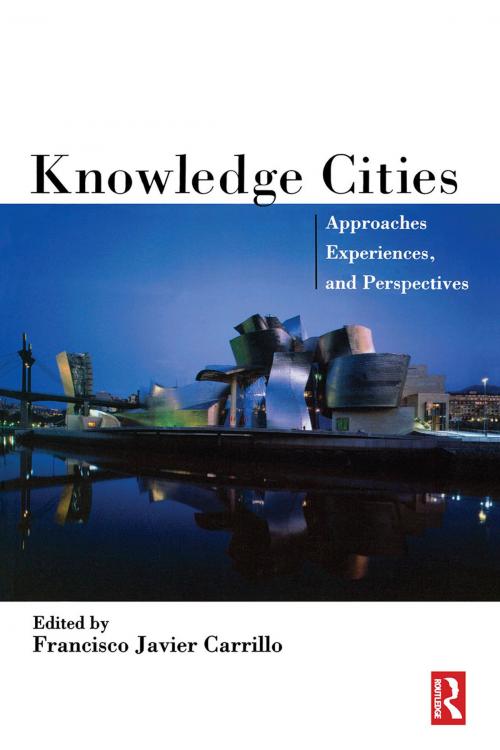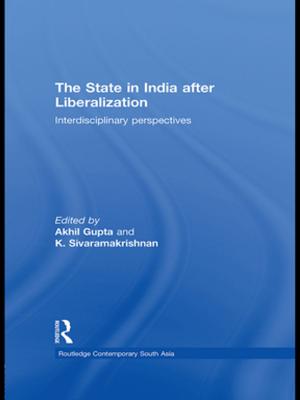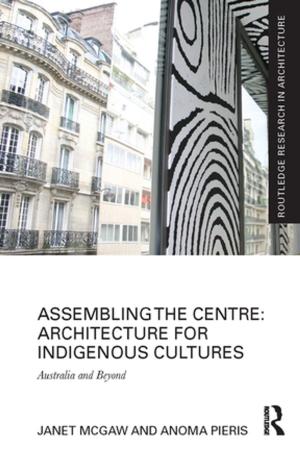Knowledge Cities
Business & Finance, Economics, Urban & Regional, Management & Leadership, Management| Author: | ISBN: | 9781136390234 | |
| Publisher: | Taylor and Francis | Publication: | August 14, 2006 |
| Imprint: | Routledge | Language: | English |
| Author: | |
| ISBN: | 9781136390234 |
| Publisher: | Taylor and Francis |
| Publication: | August 14, 2006 |
| Imprint: | Routledge |
| Language: | English |
Knowledge Cities are cities that possess an economy driven by high value-added exports created through research, technology, and brainpower. In other words, these are cities in which both the private and the public sectors value knowledge, nurture knowledge, spend money on supporting knowledge dissemination and discovery (ie learning and innovation) and harness knowledge to create products and services that add value and create wealth. Currently there are 65 urban development programs worldwide formally designated as “knowledge cities.” Knowledge-based cities fall under a new area of academic research entitled Knowledge-Based Development, which brings together research in urban development and urban studies and planning with knowledge management and intellectual capital.
In this book, Francisco Javier Carillo of the Monterrey Institute of Technology (ITESM) brings together a group of distinguished scholars to outline the theory, development, and realities of knowledge cities. Based on knowledge-based development, the book shows how knowledge can be and is placed at the center of city planning and economic development to enable knowledge flows and innovation to provide a sustainable environment for high value-added products and services.
Knowledge Cities are cities that possess an economy driven by high value-added exports created through research, technology, and brainpower. In other words, these are cities in which both the private and the public sectors value knowledge, nurture knowledge, spend money on supporting knowledge dissemination and discovery (ie learning and innovation) and harness knowledge to create products and services that add value and create wealth. Currently there are 65 urban development programs worldwide formally designated as “knowledge cities.” Knowledge-based cities fall under a new area of academic research entitled Knowledge-Based Development, which brings together research in urban development and urban studies and planning with knowledge management and intellectual capital.
In this book, Francisco Javier Carillo of the Monterrey Institute of Technology (ITESM) brings together a group of distinguished scholars to outline the theory, development, and realities of knowledge cities. Based on knowledge-based development, the book shows how knowledge can be and is placed at the center of city planning and economic development to enable knowledge flows and innovation to provide a sustainable environment for high value-added products and services.















